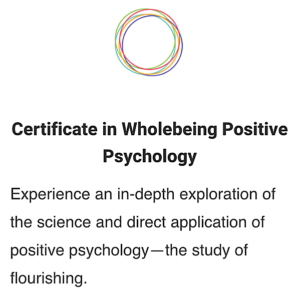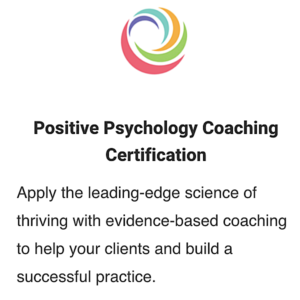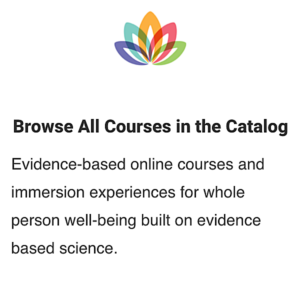by Megan McDonough
Today did not go as expected. Rather than the productive day in the office I had planned, a computer crash dictated an immediate visit to tech support an hour away. As diagnostics ran, I waited … and waited … and waited. I’m still waiting as I write these words six hours later. I’ve been practicing patience all day. Patience, as my husband will attest to, is not my strong suit. Yet the waiting has been a good teacher (even if I was a reluctant student). Here’s what it taught:
Take the Opportunity
This waiting has much more space than I’m used to having in my schedule. Time affluence feels good. In fact, we’re so used to measuring money as the key indicator of wealth, we forget to measure the wealth that comes from having unscheduled space. Researchers Kasser and Sheldon showed across four studies that the experience of time affluence was positively related to subjective well-being. Money does not buy happiness, but time may. Patience can teach us to recognize the gift of time, instead of lamenting what’s not getting done within its limits.
Think instead of Do
I did so much thinking today. I thought about ideas that are not conducive to a quick fix–those multifaceted issues that need a deep dive to figure out. I considered options, new perspectives, and journaled about the potential solutions. That’s the gift of time affluence.
Unplug and Create
Depending on where I was waiting in the neighborhood, I had only occasional Internet connection. Without the distraction of surfing or skimming emails, creating new, original content was the theme of the day (like writing this article). It reminded me how often in my life I use the loud distractions of the world as an excuse not to create. Busy work is a lousy substitute for original work.
Exploit the Advantage
This waiting was not without play. As luck would have it, a beauty school is located right down the street, with lots of students needing willing clients. I gladly played the role. Now when I look down, the bright shiny pink toenail color makes me happy and my face feels loved after a wonderful facial. It’s a tough job, but the treatments are a sacrifice I’m willing to make to help the students learn. Patience gives us the chance to look around and snag a treasure we might normally reject or overlook.
See the Vulnerabilities
An unplanned problem points out the places that need reinforcing. I back up all my files daily, so I’m not concerned about losing data. But a simple thing like having a spare laptop would have negated waiting here all day (but, hey, my pink nails are worth it!) Having patience with a problem gives us reflection time. Instead of throwing ourselves into task after task or fighting the truth of what’s happening, patience can be a compassionate yet demanding friend, making us look at our routines with a critical eye. What are we missing?
Practice Flexibility
It’s getting close to closing time and the diagnostics are still running. I might not have my computer back until tomorrow. Along with patience, I’ve had the chance to practice flexible problem solving. So far I’ve come up with three solutions to solving the computer issue (four if you count just saying the heck with it all and going to the beach instead). Divergent thinking to solve an unplanned problem is a mental game that has direct application in everyday life.
The most important thing patience has taught me is a lesson I’m reminded of again and again: pay attention. Being mindful of life is the most important thing. Watch the breath, notice emotions, train the mind towards the positive, and live life instead of fighting with it.
Patience was my teacher. What was the form of your teacher today?
![]()
—This post was originally published in The Huffington Post.
Megan McDonough is CEO of Wholebeing Institute, an educational organization co-founded with Dr. Tal Ben-Shahar. WBI is committed to spreading ideas and practices that can help individuals and groups live life to its fullest.
Click here for a course listing.
g.






